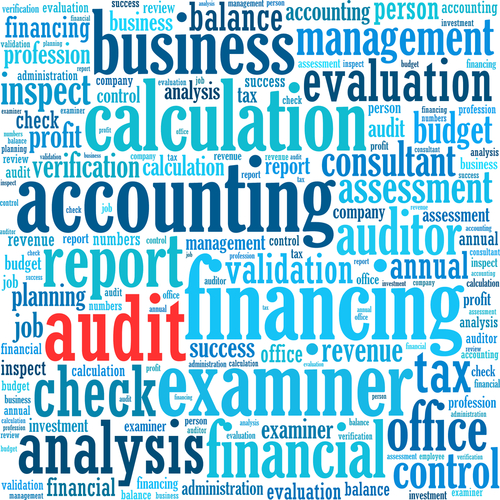 One of the most common misconceptions about CPAs, or certified public accountants, is that a CPA really isn't so different from any other accountant.
One of the most common misconceptions about CPAs, or certified public accountants, is that a CPA really isn't so different from any other accountant.
It's an easy mistake to make, but it could cost major headaches for your small business further down the road. Ann Irons, CPA, answers clients' questions about what it takes to become a CPA and why you shouldn't trust your small business finances to just any accountant in Bellingham, MA.
Different Title, Different Requirements
Accountant is a blanket term for someone who works in finance or with taxes, using guidelines set forth by the Financial Accounting Standards Board, including Generally Accepted Accounting Principles. A CPA, too, must follow these guidelines, but with an added qualification. To become a CPA, an accountant must take and pass a licensing examination in one of the 50 states. Anyone can call themself an accountant, but it takes a formal commitment to become a CPA. Ann Irons possesses an in-depth knowledge of all statewide requirements for income and small business taxes and reporting standards.
Why Should You Use a CPA for Your Small Business?
Because nobody knows taxes like a CPA. The licensure process emphasizes knowledge of current tax codes, and Irons takes continuing education very seriously. Of course, her master's degree in taxation certainly helps.
Because being audited by the IRS is a major ordeal. Few things are more stressful for a small business owner than learning of an impending audit. An accountant cannot legally represent your business before the IRS, and has only limited eligibility to represent you in other financial matters. This also applies to individual income taxes. Enlisting the services of a CPA for your personal income taxes affords greater protection in the event of an audit.
Because financial statements provide invaluable insight...if you know how to read them. An overwhelming number of small business owners have only a vague understanding of financial statement analysis, with many unsure of accounting principles beyond debits and credits. As part of each state's licensing requirements, a CPA must demonstrate a solid comprehension of complex financial and accounting concepts, how best to apply those concepts, and what each one means for the health of a company.
If you value your business, you'll see the value in a CPA. To learn more about small business accounting and tax services in Bellingham, MA, or to request a meeting with Ann Irons, CPA, LLC, contact our office at 508-966-0700. We welcome individuals and business owners in and around Bellingham, Woonsocket, Medway, Milford, Franklin, and the surrounding areas.






